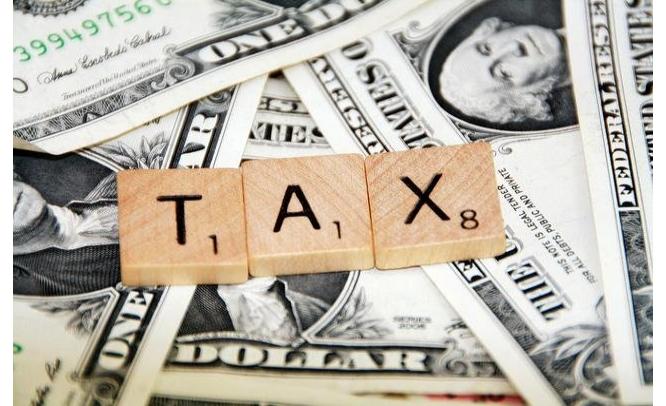The H.R. 1579 will levy a small sales tax on the trading of derivatives, stocks, bonds and other instruments. Brokers who would carry out trades would be accountable to pay the tax, unless carried out directly by the investors.
“This is a huge day”, these were the initial reactions of Republican Ellison, quoting press reporters last Wednesday, and Mr. Ellison was talking about the introduction of Inclusive Property Act (Financial transaction tax) or more popularly known as the Robin Hood tax. According to Robert Pollin an economist from University of Massachusetts, these funds can be used to bolster social security, Medicare, public education and other social programs. The act would generate a whopping $ 300 billion per year in tax revenues in the U.S and this is named as Inclusive Prosperity Act. The tax is levied with a view to generate revenue which in turn will be used for public health, education, food shortages and also curb harmful speculation. The tax has already been launched in most of the European countries including Germany, France and the U.K. Other European countries such as Slovenia, Spain, Italy, Belgium, have introduced this tax. A U.K. spokesperson for the Robin Hood tax campaign earlier told media persons that “This tax is a much needed austerity and can raise billions of pounds a year and will be used to help people who are living in poverty”. America’s economy has been badly hit by the global crisis, climatic changes, unsustainable tax cuts and an unemployment crisis. There is a need to boost the economy and reduce unemployment rates and also provide enough money to social security.
What is the Robin Hood Tax?
The H.R. 1579 will levy a small sales tax on the trading of derivatives, stocks, bonds and other instruments. Brokers who would carry out trades would be accountable to pay the tax, unless carried out directly by the investors. The Inclusive Prosperity Act will levy a sales tax of 0.5 percent on stocks (50 cents for every $100 of stock trades ) However, households whose earnings are less than $75,000 per annum would be exempted from this tax. The Inclusive Property Act is a micro tax imposed on Wall Street transactions, which aims at curbing the harmful speculation and raises billions of dollars required to pay public goods and services and also combat food scarcities caused due to climatic changes in the U.S. In the words of Ralph Nader a political activist, attorney and an author “This will curb the activities in the Wall Street, which has become a house of cards, a game of computer driven bets far removed from real world of investments in real economic activity”. Such trading activities will not add any value to U.S. economy and will rather damage it badly. The introduction of this tax will reduce the revenue crisis in America, said George Goehl, executive director of National People’s Action and a founder member of Robin Hood Tax campaign. The act has the support of nearly 140 organizations representing millions of members in labor unions, religious groups, housing activists and environmentalists. 40 countries have already adopted the Financial Transaction Tax and the legislation has been endorsed by economists in U.S. and Europe. Other major economies worldwide also charge this tax, and even U.S. also charged this tax, however the powerful financial lobby in U.S. managed to get it repealed in the 1960’s. This tax is also aimed to generate funds to invest to eliminate AIDS in the U.S.
Critics, however have a different perspective for this new legislation, they argue that a financial transaction tax will hurt the middle class investors, whose motive is not indulge in speculative trading but to save money for their old age, retirement and their children’s education. A tax of 3 cents for every $ 100 of trades will not add up much value for a person who has income more than $ 75,000 per month and especially when he intends to build a personal retirement portfolio.
Although the tax has been getting overwhelming support from the public, there seems to be a widespread skepticism about the idea of introducing a financial transaction tax on an economy struggling to recover. The challenge which lies ahead before Obama Administration would be the fear of undermining economic growth over the need to resurrect the economy and social needs with a wild card factor thrown in ‘How angry America really is at Wall Street ‘.

